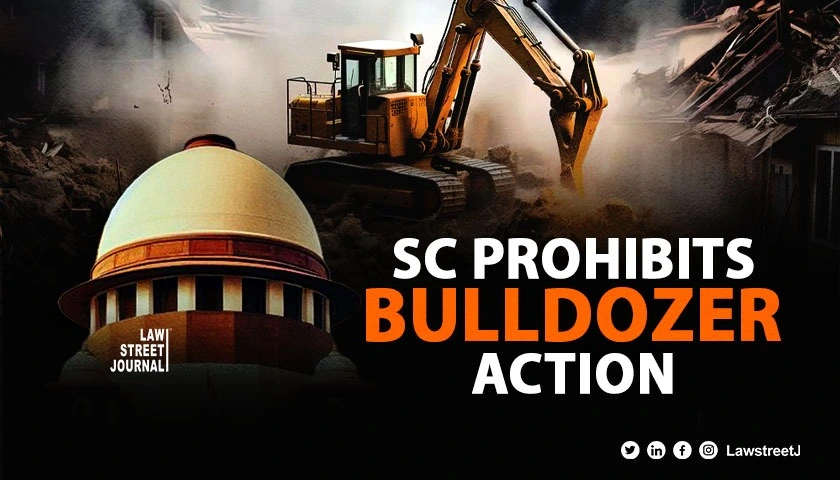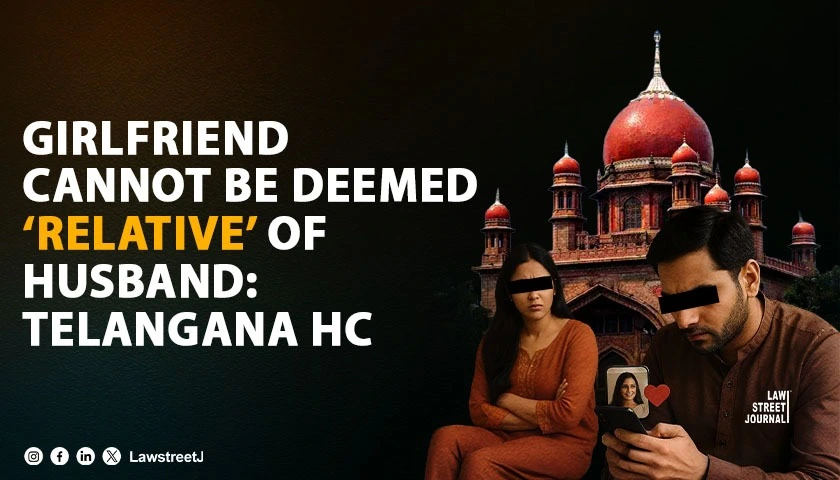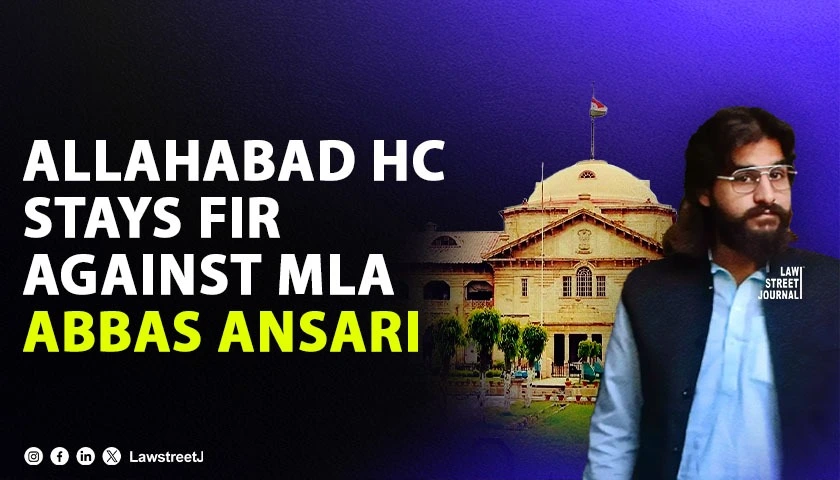NEW DELHI: The Supreme Court on Tuesday issued an order barring the use of bulldozer by States for demolition of a property of an accused in a criminal case, without permission of this court, saying such action was against the ethos of the Constitution.
The court, however, clarified this order won't apply if there is any unauthorised construction on public road, footpaths, railway lines, water bodies, etc.
A bench of Justices B R Gavai and K V Vishwanathan objected to statements made after its September 2 order indicating framing of guidelines on the use of bulldozer.
The bench pointed out after the order, there have been statements that bulldozer will continue.
"After September 2 order, there has been grand standing and justification. Should this happen in our country? Should Election Commission be noticed? We will formulate directives," the bench said.
Solicitor General Tushar Mehta objected to such directions, saying the hands of statutory authorities can't be tied like this.
"Heavens would not fall in 15 days," the bench said.
To this, Mehta said, "Heavens never fall".
"Let us clarify ours will be directives. They are being called guidelines. Till next date, there should be stay on demolition without leave of court," the bench said.
"We made it clear we won't come between unauthorised construction. But the executive can't be a judge," the bench said.
The court said it would issue directives in line with the Vishakha guidelines with regard to sexual harrasment at workplaces, invoking its power under Article 142 of the Constitution to do complete justice.
Senior advocate C U Singh, appearing for the petitioner Jamiat Ulama I Hind contended demolitions were taking place every day. He said despite indications on the last date, after some alleged incident happened of stone pelting, same night demolition happened.
Solicitor General Tushar Mehta, appearing for the Union government, said notices were served in 2022 and thereafter actions were taken.
"Let the state government be informed. Why hurriedly demolish in 2024? When notices were issued in 2022," the bench asked.
Mehta said a narrative was being built that all such actions were illegal and demolitions are in case of particular religion. He said the affected parties have not approached the court as they knew their constructions were illegal.
The bench, however, said the noise and narrative outside was not influencing it.
"We won't get into question of which community faced such action at this point. Even if there is one instance of illegal demolition, it is against ethos of Constitution," the bench said.
Also Read : SC to lay down guidelines on 'Bulldozer justice'
"Our only object is to streamline demolition actions," the bench said.
Singh contended demolitions were happening daily, the court should consider the matter on a short date.
Mehta said in case of Madhya Pradesh, 70 shops were demolished after following the procedure.
Of those, more than 50 belonged to Hindus. What are they saying "mohalla" etc, it is about narrative building, he claimed.
The court ordered to post the matter on October 1.
"Till next date, there shall be no demolitions unless the statutorily permitted. Stay your hands off. What will happen in 15 days," the bench said.
The bench again emphasised there has to be judicial oversight in such matters.
Mehta sought to emphasise the magnitude of the order. This court prevented officials across country, from exercising statutory rights, he said.
The Supreme Court had on September 2 said it would lay down pan India guidelines to deal with a controversial issue of "Bulldozer justice" resorted to by some state governments to demolish the house or shop of a person immediately after he or she is accused of an offence.
On September 12, a separate bench led by Justice Hrishikesh Roy made strong observations against "bulldozer justice", saying in a country where actions of the State are governed by the rule of law, the transgression by a family member cannot lead to demolition of their legally constructed house or it would be equivalent to running bulldozer over the laws.

















